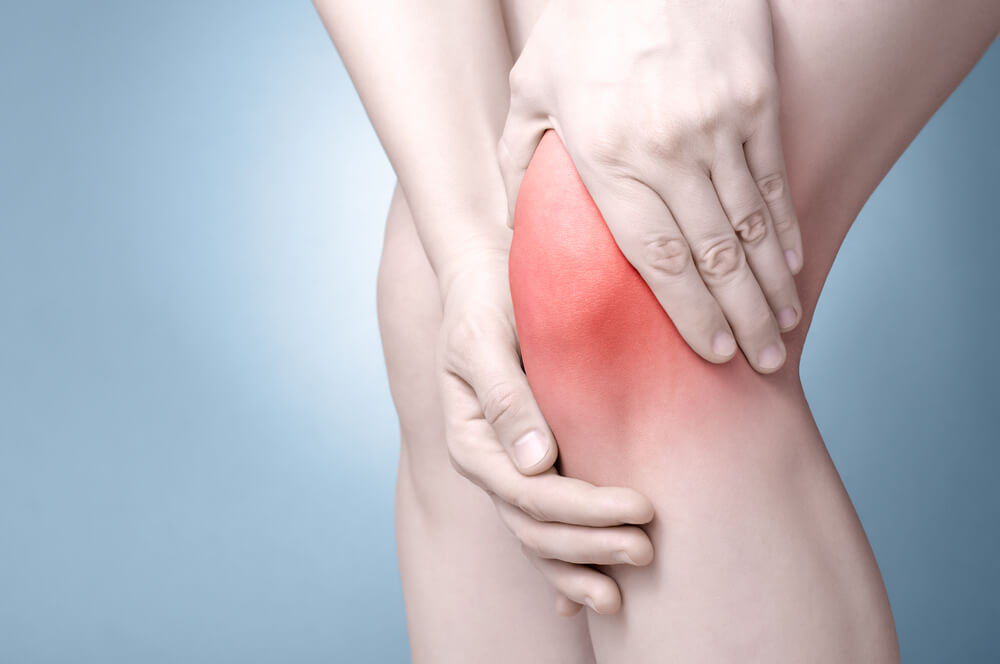Shoulder pain and stiffness can be deeply disruptive, affecting daily tasks such as dressing, reaching, or lifting. Among the most frequent culprits of shoulder dysfunction are rotator cuff tears and frozen shoulder. Despite being different in their causes and mechanisms, both conditions can significantly restrict arm movement, impair comfort, and diminish quality of life.
Whether you're navigating shoulder pain for the first time or seeking lasting recovery, understanding the nuances of these conditions is essential. With the right knowledge and specialist support, healing is absolutely achievable. Let’s delve into a comprehensive guide that explores causes, symptoms, diagnosis, treatments, and proactive steps to restore shoulder function.
Understanding the Shoulder Joint
The shoulder is one of the most complex and mobile joints in the human body. It comprises three main bones: the humerus (upper arm), scapula (shoulder blade), and clavicle (collarbone). The rotator cuff – a group of muscles and tendons – stabilises the joint and allows for a wide range of movement.
In contrast, the joint capsule is a connective tissue sleeve that encloses the joint and helps maintain fluid movement. This unique combination of structure and mobility makes the shoulder highly functional but also vulnerable to overuse, injury, and degenerative changes.

What is a Rotator Cuff Tear?
A rotator cuff tear occurs when one or more of the tendons in the cuff become damaged or detached from the bone. These tears can result from acute trauma (such as falling on an outstretched arm) or from long-term wear and tear due to repetitive motion.
Types of Rotator Cuff Tears:
- Partial Tear: The tendon is frayed or damaged but not completely severed.
- Full-Thickness Tear: The tendon is entirely detached from the bone.
Common Causes:
- Age-related degeneration
- Repetitive overhead activities
- Sudden lifting or impact
- Poor posture and shoulder mechanics
Key Symptoms:
- Pain during arm movement, especially overhead
- Weakness when lifting or rotating the arm
- Clicking or popping sounds
- Difficulty sleeping on the affected side
If left untreated, rotator cuff tears can worsen over time, leading to permanent weakness or joint instability.
What is Frozen Shoulder? (Adhesive Capsulitis)
Frozen shoulder, medically known as adhesive capsulitis, involves thickening and tightening of the joint capsule, which leads to pain and severe restriction of motion. The exact cause is often unclear, but it can follow periods of immobility, surgery, or systemic conditions like diabetes.
Stages of Frozen Shoulder:
- Freezing Stage (Painful Phase): Pain increases, and motion starts to become restricted.
- Frozen Stage (Stiff Phase): Pain may reduce, but stiffness becomes severe.
- Thawing Stage (Recovery Phase): Gradual return of movement and function.
Risk Factors:
- Diabetes and thyroid disorders
- Shoulder injury or surgery
- Prolonged immobilisation
- Age (40–60 years) and gender (more common in women)
Symptoms:
- Progressive stiffness
- Dull, aching pain
- Difficulty performing overhead activities
- Night-time discomfort
Unlike rotator cuff tears, frozen shoulder primarily limits motion due to tightness rather than weakness.
Symptoms Comparison Table
| Symptom | Rotator Cuff Tear | Frozen Shoulder |
| Pain with movement | ✔️ | ✔️ |
| Weakness | ✔️ | ❌ |
| Limited mobility | ✔️ (due to pain) | ✔️ (stiffness dominates) |
| Night discomfort | ✔️ | ✔️ |
This table summarises the key differences in presentation, helping you distinguish between these two commonly confused conditions.
Diagnosis and When to See a Specialist
Proper diagnosis is crucial for tailored treatment. A thorough clinical evaluation can reveal the underlying condition through physical tests, range-of-motion assessments, and strength measurements.
Diagnostic Tools Include:
- Ultrasound for tendon integrity
- MRI Scans to view soft tissue damage
- X-rays to rule out bone abnormalities
Consult a shoulder specialist in Ahmedabad if:
- Pain persists beyond two weeks
- Motion becomes increasingly restricted
- You experience night-time pain or arm weakness
- Self-management strategies prove ineffective
A timely consultation increases the chances of a non-surgical resolution and prevents progression.
Non-Surgical Treatments
Most mild to moderate shoulder conditions can be treated without surgery. An early diagnosis allows for conservative management, often with excellent results.
Key Non-Surgical Options:
- Physical Therapy: Strengthening and stretching exercises to restore mobility and stability
- Medications: Anti-inflammatory drugs or corticosteroid injections to reduce pain and swelling
- Heat/Ice Therapy: Helps manage discomfort in acute or chronic phases
- Activity Modification: Avoiding aggravating movements and maintaining joint mobility
When under the care of the best orthopedic doctor in Ahmedabad, these interventions are tailored to your individual needs, ensuring a safe and effective recovery pathway.

Surgical Options and When They’re Necessary
While conservative treatments are often successful, surgery may be required in cases where:
- Tears are large or complete
- Pain is unrelenting and disabling
- Non-surgical treatments fail after several months
Surgical Approaches:
- Arthroscopic Repair: A minimally invasive method used to fix torn rotator cuff tendons
- Capsular Release: Performed for frozen shoulder, it involves cutting tight portions of the joint capsule to restore movement
- Debridement or Tendon Transfer: In severe or irreparable tears
Post-surgical care includes physiotherapy to regain strength and mobility, with gradual improvement over several months.
Recovery and Rehabilitation
Recovery timelines vary based on the severity of the condition and the treatment undertaken. Here’s a general outlook:
- Rotator Cuff Recovery: 3–6 months with therapy
- Frozen Shoulder Recovery: 12–18 months depending on the stage
Rehab Goals:
- Reduce pain and inflammation
- Regain full range of motion
- Strengthen surrounding muscles
- Prevent recurrence
Working closely with the best orthopedic doctor in Ahmedabad ensures monitored progress and prompt adjustments in treatment.
Tips for Prevention and Long-Term Shoulder Health
Maintaining shoulder health requires conscious effort, especially as we age or engage in repetitive tasks.
Prevention Checklist:
- Practise correct posture, especially when working at desks or lifting weights
- Perform shoulder-strengthening exercises regularly
- Stretch after periods of inactivity
- Treat even minor shoulder pain early to avoid complications
Regular assessments and preventive care with a shoulder specialist in Ahmedabadcan greatly reduce your risk of long-term shoulder issues.
Conclusion
Rotator cuff tears and frozen shoulder are not just painful—they’re life-limiting if left unaddressed. Thankfully, with accurate diagnosis and structured intervention, full recovery is attainable. Whether through non-surgical rehabilitation or minimally invasive surgery, relief and restored function are within reach.
For trusted support and expert management, consider consulting Dr Meet Mehta, where your shoulder health is in skilled hands from diagnosis through recovery.





